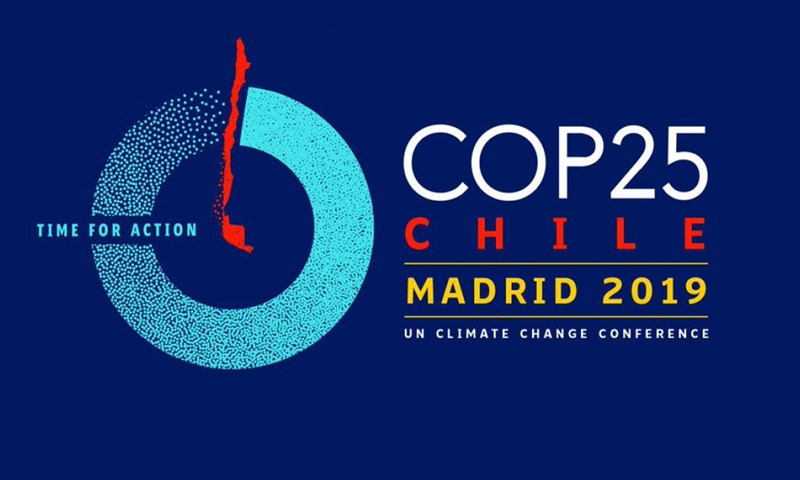News
UN Climate Change Conference Madrid: Climate Protection Must Not Bypass Africa
By Christian Wessels
Limiting global warming to below two degrees will be the focus of the World Climate Conference to be held in Madrid from 2 to 13 December 2019. A possible solution to be discussed in Madrid is the global establishment of trade in pollution rights.
In principle, emissions trading is a sensible way of reducing CO2 emissions at the global level. In practice, however, this principle repeatedly encounters problems such as the temporarily low prices of certificates, which are not always sufficient to trigger necessary climate-friendly investments on the part of the polluters.
Africa faces a twofold problem. First, there is no nationwide energy supply network into which producers could feed. Secondly, electricity is instead generated decentrally by diesel generators. This practice is not only economically irrational, it is also extremely ecologically questionable. And this problem is hardly touched by any kind of emissions trading.
In addition, about 40 percent of Africa’s population lacks any access electricity – and therefore also lacks adequate access to education, health care and sufficient participation in social, cultural and economic life. This illustrates the extraordinary dimension of the African energy question, because Africa is about much more than “just” limiting global warming.
The African energy question cannot be solved by improving emissions trading alone. Due to the large differences in development, Africa needs decentralised solutions tailored specifically to the continent. At the same time, modern solar technology, for example, represents an opportunity for Africa to develop economically independently.
Refugees who have been pouring into Europe across the Mediterranean Sea for years are not only war and crisis refugees; they are also refugees from educational deficits, poor opportunities and, ultimately, climate.
The intelligent use of solar energy, an unlimited resource in Africa, is a key technology in Africa that will provide the basis for further investment in industry, health and education. Further development of this technology requires binding financial commitments from investors in the private sector, NGOs and European governments. Creating awareness for this issue within the financial sector, which also represents an opportunity considering the global low-interest rate policies, should also be addressed in Madrid – and in subsequent climate summits.
The Author: Christian Wessels has lived and worked in Nigeria for over 10 years. He is the founder and managing director of Daystar Power in Lagos, a company that supplies environmentally friendly solar power systems to properties throughout West Africa from Nigeria. His time in Africa began as a director for Barclays Africa, where he worked in numerous African countries.
He is a consultant to Bain & Company and supports Bain’s growth in sub-Saharan Africa, where he was previously a partner. In 2012, Christian Wessels was appointed Young Global Leader (YGL) of the World Economic Forum. He is a member of the Young President Organization and founding director of the European Business Organisation (EBO) in Nigeria, which represents the interests of European companies in Nigeria.





























